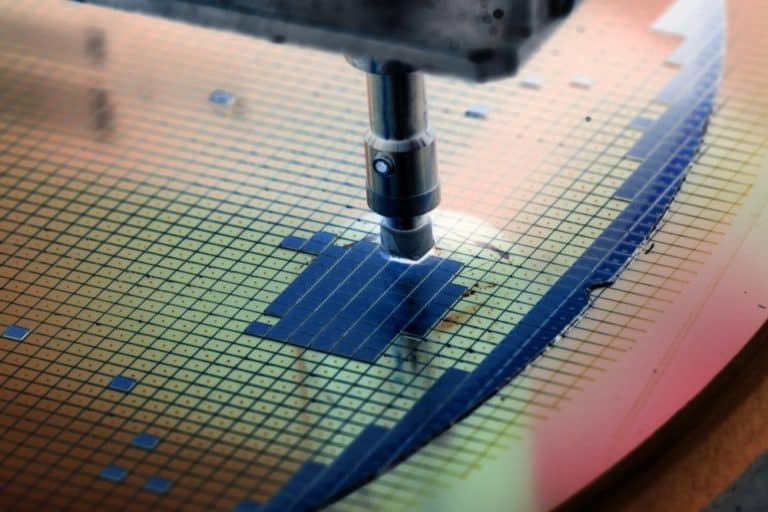In recent years, mushrooms have emerged as a truly magical substance, with uses in everything from high-end fashion to car seats. But perhaps the most significant discovery yet has been made by researchers at Johannes Kepler University in Linz, Austria, who have found a way to use mushrooms as a biodegradable base material for electronic chips.
The team, led by scientist Martin Kaltenbrunner, has long been interested in the intersection of sustainability, material science, and engineering. This latest research focused on the substrate of electronic circuits, which are typically made of unrecyclable plastic polymers.
These plastics constitute 37% of a chip’s mass and are thrown away after use, contributing to the 50 million tons of e-waste generated annually.
The idea behind mushroom chips
The team’s solution was to use the skin of the Ganoderma lucidum mushroom as a substrate. Unlike petroleum-based plastics, this mushroom grows on dead hardwood trees and has a long history of promoting health and longevity in Asia.
The mushroom skin is a good insulator and conductor, able to withstand temperatures up to 200°C (390°F). It is also highly adaptable, easily accommodates circuit boards, and can be bent over 2,000 times without damage.
What’s more, the mushroom substrate is incredibly sustainable. It can be grown and harvested in just four weeks and quickly biodegrades in the soil in under two weeks. This makes it an ideal material for wearable, low-powered sensors and radio tags, as well as battery separators and casings.
Our “Star Trek”-style future beckons
“The prototypes produced are impressive, and the results are groundbreaking,” said Andrew Adamatzky, a professor in unconventional computing at the University of the West of England.
This breakthrough has enormous potential to mitigate global warming by reducing e-waste and providing a sustainable alternative to plastic-based electronics. The mycelium’s ability to keep out moisture and UV light also means it could last hundreds of years.
Kaltenbrunner and his team are at the forefront of a revolution in sustainable electronics that could have far-reaching implications for the future of technology.
Also read: European Chips Act gets green light, but is it too late?
